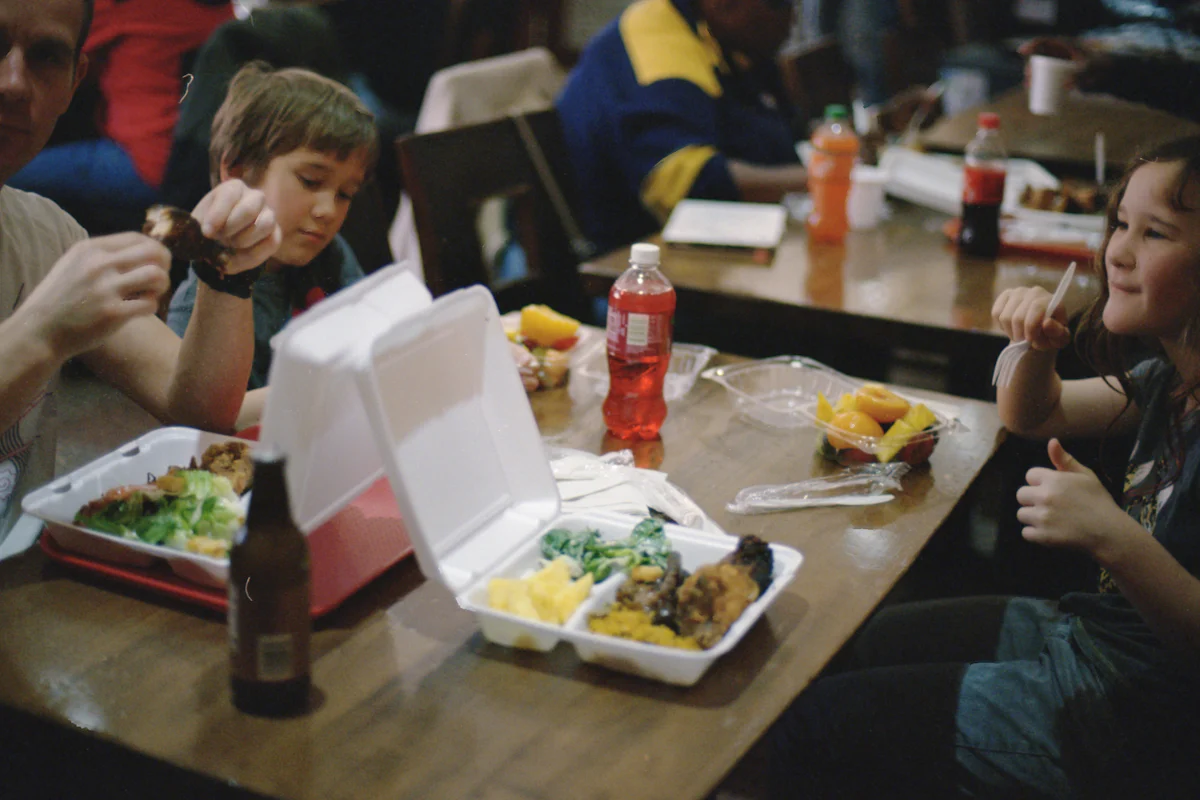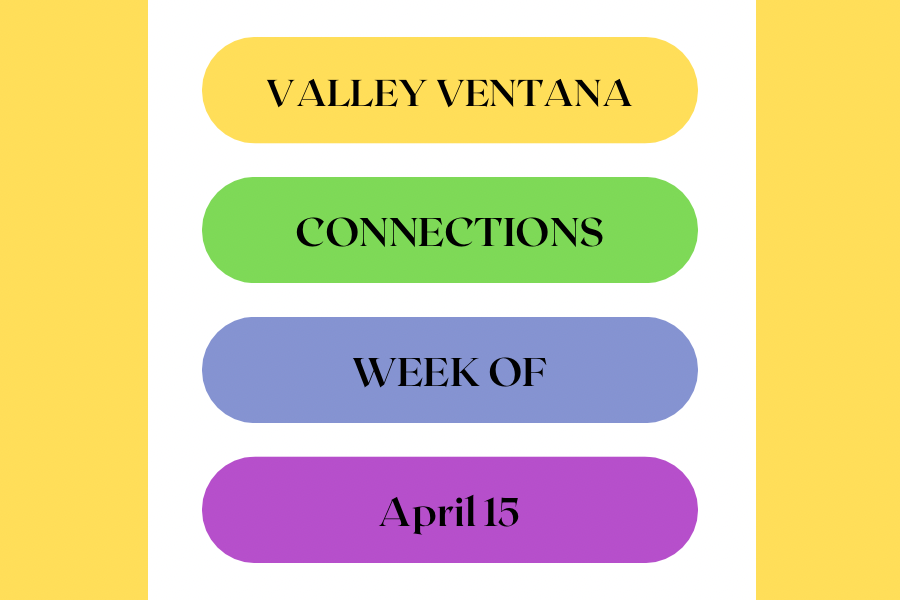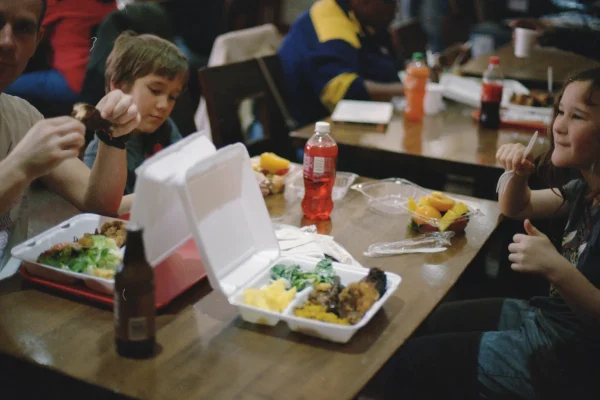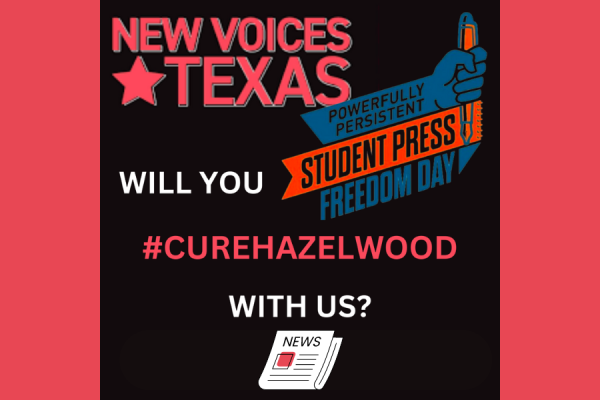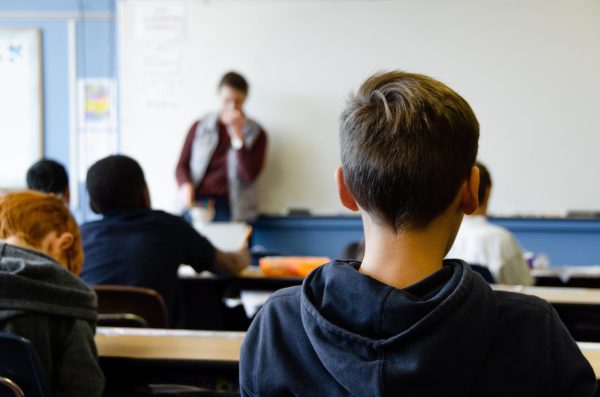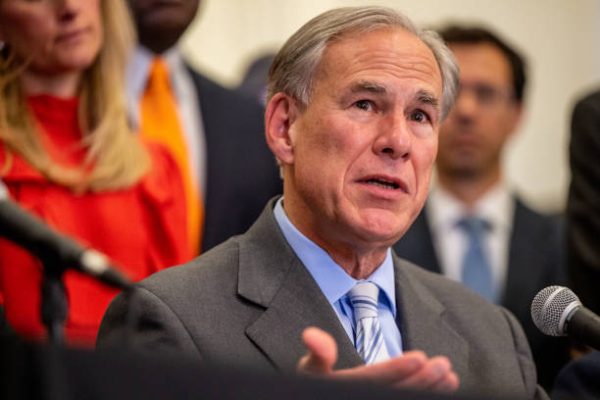Teen drinking and its consequences
Confirmation of Brett Kavanaugh brings awareness to young adult substance abuse
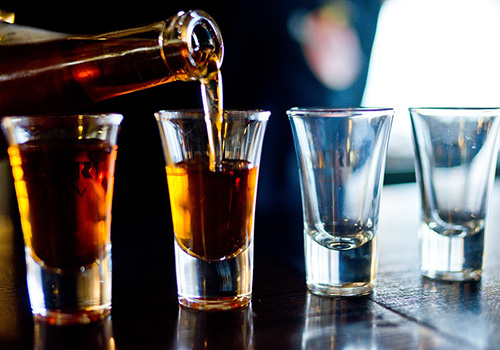
Drinking plagues teenagers and their parties.
October 18, 2018
I am 17 years old. The majority of my classmates, the class of 2019, are also 17 years old. Constantly, we are told how much our actions define us, and how our actions will continue to follow us, especially in the age of social media.
Brett Kavanaugh was 17 years old when he allegedly committed multiple acts of sexual impropriety and misconduct while drunk. Whether the allegations are true or not, Kavanaugh still admitted to heavy drinking as a teen. Other politicians and experts say what Kavanaugh did as a teenager does not define his ability as a judge and potential member of the Supreme Court.
With these revelations and the link between the accusations and teen drinking comes questions about what defines a teenage mistake and the link between affluent schools and substance abuse.
Teenagers make mistakes. It is a fact of life and a part of growing up. Some mistakes have more weight than others, such as underaged drinking and drug use. Specifically in affluent communities and elite schools, teenagers are likely to abuse substances in social settings because they have the means to buy alcohol, drugs and fake IDs. These children make these illegal substances readily available to their peers in party settings. They often face little to no consequences as some parents provide children with access to illegal substances or turn a blind eye when they witness these behaviors.
At Kavanaugh’s elite school, Georgetown Prep, this culture of substance abuse has been proven through multiple accounts from Kavanaugh’s classmates. “Drinking was part of the fabric of the school from the first day of freshman year to graduation,” a Georgetown Prep alum, whose years of attendance overlapped with Kavanaugh, said. Kavanaugh often detailed his consistent behavior of heavy drinking throughout his high school and undergraduate years on paper and with his friends, as seen in Brett Kavanaugh’s own personal page from Cupola, Georgetown Prep’s 1983 yearbook which boasts “100 kegs or bust.” Questions about his temperament arose when James Roche, a Silicon Valley entrepreneur and Kavanaugh’s freshman year roommate at Yale described Kavanaugh as “frequently unusually drunk,” and “belligerent and mean” when intoxicated.
In the age of social media, teenagers often post and boast about teen drinking and the party culture in their communities. Because teenagers from affluent communities and good schools often plan to go on to attend elite colleges and work with esteemed companies, the substance use they may dabble in can affect their futures significantly. Now that colleges and employers can search up prospective students and employees, seemingly innocent mistakes will follow teens around. The drama surrounding Brett Kavanaugh’s confirmation into the Supreme Court is only the first taste of adolescent behavior bringing about consequences in the future.


